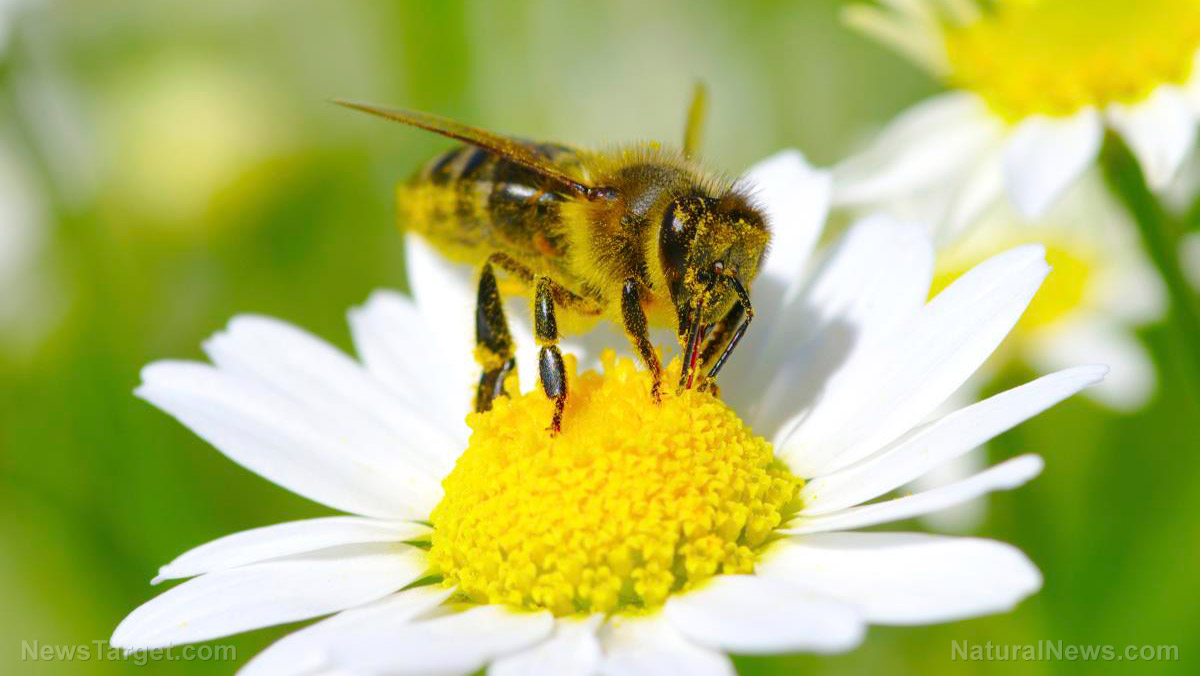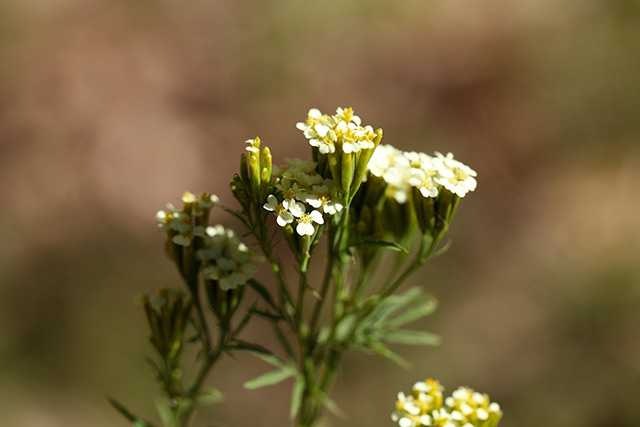Lemon eucalyptus essential oil can help repel mosquitoes possibly carrying Zika virus
02/02/2016 / By Chris Draper

The Zika virus is now spreading explosively in the Americas, declared the World Health Organization (WHO) on Thursday, 28 January. The Zika virus is spread by mosquitoes and has been found everywhere from Argentina to the southern United States. Consequently, it’s more important than ever that people wear a safe and effective mosquito repellent.(1,2)
Zika was discovered more than 50 years ago. It has alarmed health authorities in recent months because of its possible connection with thousands of brain defects, dubbed microcephaly, in newborns. WHO predicts the virus will reach most of the hemisphere and infect nearly 4 million people by the end of the year.(1)
According to recent figures, there have been approximately 4,000 suspected cases in Brazil and 270 have been verified as microcephaly showing symptoms of infection. Similar cases occurred in French Polynesia in 2014, according to WHO officials. (2)
A string of major outbreaks
WHO’s highest level of alert is invoked only during major threats. The first declaration was made in 2009 during the H1N1 influenza epidemic, which is estimated to have infected almost 200 million people worldwide. The second occurred in May 2014 when a paralyzing form of polio gripped Pakistan and Syria, and a third time in August 2014 during an Ebola outbreak in West Africa.(1)
The Zika virus is spread by mosquitoes, meaning that it’s time to breakout the summertime mosquito repellent early this year. Unfortunately, most mosquito repellents are made from synthetic chemicals in a lab, which are just as poisonous on humans as they are on mosquitoes, when absorbed in vast quantities.
Fortunately, there are natural essential oils derived from plants, which can deter mosquitoes that may harbor the Zika virus, and other potent maladies. One effective essential oil for mosquito repellent is know as eucalyptus oil. This natural plant oil contains p-menthane-diol, which has proven to be more effective than its foremost chemical alternative diethyltoluamide, also known as DEET.(3)
A natural alternative to conventional mosquito repellents
This is fantastic news for anyone who wants to poison mosquitoes without poisoning themselves. DEET is considered a poison itself and can cause severe allergic reactions.(3)
According to a study from London School of Hygiene and Tropical Medicine, United Kingdom, four mosquito repellents were tested. One was mixed with several essential oils known to have repellent properties. Another repellent was based in Neem essential oil, which is pressed from the seed kernels of the neem tree. They also tested a repellent containing 15 percent of the DEET chemical and a repellent containing 30 percent p-menthane-diol.(3)
Neither the Neem repellent nor the compound essential oil mixture provided significant protection from the Anopheles mosquitoes. DEET, however, provided 84.81 percent protection during a four hour stretch. On the other hand, the eucalyptus-based repellent provided 96.89 percent protection for the same amount of time.(3)
The study debunks years of conventional thinking that DEET is an effective and necessary measure to thwart mosquito-transmitted diseases. Other repellents containing lemon eucalyptus oil can be used as a safe alternative to DEET as well.
Researchers deduced similar results on the mosquito repellent powers of lemon eucalyptus essential oil in a separate study. It was just as effective at keeping mosquitoes at bay as DEET during a six hour long period.(3)
These studies provide good reason to believe that botanical mosquito repellents are just as effective, if not better, than conventional mosquito repellents. However, it should be noted that the highlighted studies did not use mosquitoes that carry the Zika virus. As always, consult your herbal practitioner to determine which mosquito repellents work best for your needs and sensitivities.
Sources include:
(1) Vox.com
(2) USNews.com
(3) NaturalNews.com
Tagged Under: deet, Ebola, Ebola outbreak, epidemic, natural method, World Health Organization, Zika, Zika virus



















